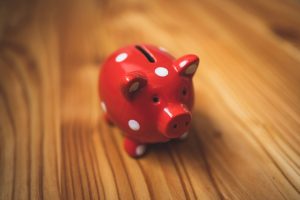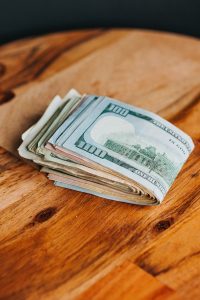Forex, short for foreign exchange, is the largest financial market in the world, with an average daily turnover of around $5.3 trillion. It is a decentralized market that operates 24 hours a day, five days a week, allowing traders and investors to buy and sell currencies from anywhere in the world. But who really owns the forex market? In this article, we’ll take a closer look at the different players in the forex market and how they influence its movements.
Central Banks
Central banks are the most powerful players in the forex market. They are responsible for setting monetary policies, which include adjusting interest rates, and regulating the money supply. The decisions made by central banks can have a significant impact on the value of currencies. For instance, if a central bank decides to raise interest rates, it can attract foreign investors to invest in its currency, which can increase its value. On the other hand, if a central bank decides to lower interest rates, it can make its currency less attractive to investors, leading to a decline in its value.
Commercial Banks
Commercial banks are the second-largest players in the forex market. They facilitate transactions between buyers and sellers of currencies and provide liquidity to the market. Commercial banks also engage in forex trading to earn profits for their clients and themselves. They buy and sell currencies at different exchange rates, looking to profit from the difference between the buying and selling prices. Commercial banks also use forex trading to hedge against currency risks, such as fluctuations in exchange rates that can affect their profits.
Hedge Funds
Hedge funds are private investment funds that use different investment strategies to generate high returns for their clients. They are among the most active players in the forex market, using their vast resources and expertise to make large trades that can significantly influence currency movements. Hedge funds use a range of trading strategies, including technical analysis, fundamental analysis, and algorithmic trading, to identify profitable trading opportunities. They can also leverage their positions to increase their returns, which can also amplify their losses.
Retail Traders
Retail traders are individual investors who trade currencies through online forex brokers. They are the smallest players in the forex market, but they are still significant in terms of volume. Retail traders use different trading strategies and tools, including technical indicators, chart patterns, and news events, to make trading decisions. They usually trade in small volumes and aim to make profit from small price movements. Retail traders also use leverage, which allows them to control large positions with a small amount of capital, increasing their potential profits or losses.
Governments and Corporations
Governments and corporations are also players in the forex market, although they are not as active as central banks, commercial banks, and hedge funds. Governments use forex trading to manage their foreign exchange reserves, which are usually held in different currencies. Corporations also use forex trading to hedge against currency risks associated with their international operations. They can also use forex trading to speculate on currency movements, looking to profit from changes in exchange rates.
In conclusion, the forex market is owned by a diverse group of players, including central banks, commercial banks, hedge funds, retail traders, governments, and corporations. Each player has a different level of influence on the market, depending on their resources, expertise, and trading strategies. Understanding the role of each player in the forex market can help traders and investors make informed trading decisions and manage their risks effectively.






